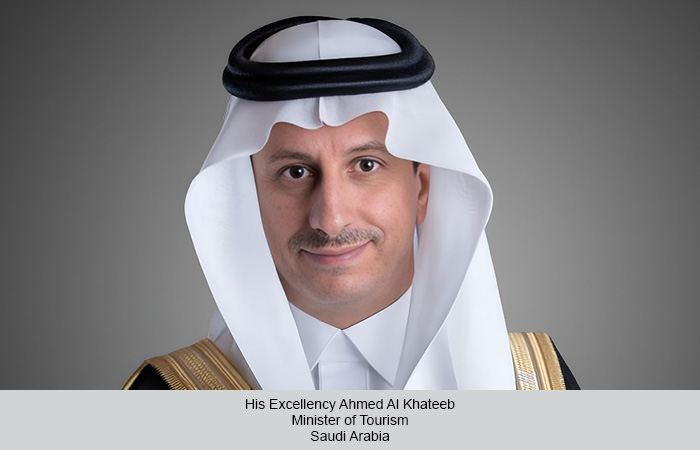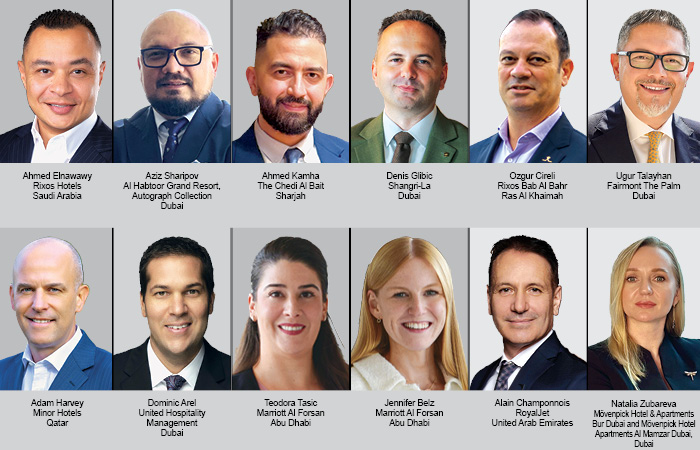In the attempt to contain the spread of COVID-19, our region in Asia Pacific and Middle East reacted swiftly. However, the hospitality industry is reaching out to the needy. It’s simply enhancing the interaction from pure service to an unforgettable human gesture, says Diane Thorsen, Hospitality Design Director, Gensler.
Our hospitality and leisure clients constantly face challenges, but the entire industry is reeling from the unprecedented impact of COVID-19. These are difficult times, but travel will resume in time. We also recognise that great hotels not only anticipate market changes, they are able to react quickly to unusual situations. Given this unprecedented crisis and downturn in occupancy, we believe we can shape the future of hospitality by partnering with owners and operators considering the following:
Reinvest in existing properties
“Given the uncertainty of the current situation, one of the smartest investments in hospitality right now is to reinvest in existing properties. Hotels in key urban and resort locations will be the first to recover, owners who can move quickly can take advantage of the current closures and low occupancies to be ready to compete effectively in the new market that will emerge as the crisis subsides, one in which business travel is radically refined, and wellness and environmental safety are paramount guest concerns,” says Seth Matson, Vice President – Design and Technical Services, Luxury MEA.
Balancing personable interaction and technology
For many years, hoteliers have used technology to create guest profiles to better recognise new and repeat guests. This crisis presents additional opportunities for technology to be applied to ensure that guests feel safe. Technology will continue to play an evolving role in the hospitality landscape, even more so in a post COVID-19 world. The guest’s mindset will continue to adapt to the integration of technology in the overall brand experience. In luxury brands, the experience of high-end, customised service and touchpoints for the guest are key to the brand standards. Balancing the integration of technology whilst maintaining the human interaction and expectation of the customer will be key.
Support local
We believe that as the market opens, the expats across the region will choose to travel locally at first sharing experiences through social media. This experience has evoked a great sense of gratitude and a willingness to support the local community. Designers will continue to embed the local culture and craft to sensitively reflect the ethos and sense of place. Local materials and innovative experiential offerings will continue to create interest for
the hospitality industry. Farm to table and support of local farms will shape the F&B offering with organic produce and healthy offerings taking precedence.
Cultural tourism
The new social distancing norms will impact any spaces where large gatherings may occur. Hoteliers will look to manage their offerings to begin with, so that the experience is within a smaller, more exclusive group. What is important is that we reinvent ways to manage this to retain interest in cultural tourism. This will ensure support of the UAE Louvre Abu Dhabi, and the planned openings of Zayed National Museum and the Guggenheim Abu Dhabi in Saadiyat Cultural District. The Kingdom of Saudi Arabia hosts the yearly Haj which was cancelled in 2020
but hoteliers see this as an opportunity to reinvest and refurbish.
Repurpose spaces and buildings
Assess and validate your hotel’s current business model and operating concept and assess the possible reuse or repurposing options within the property including alternative rental and lease models for specific spaces. The hospitality industry, being one of the most human-intensive industries, has an opportunity to reinvent itself with the aim of focusing on what matters most – connecting people with place in the most sustainable way, with human interaction at the core.
 TravTalk Middle East Online Magazine
TravTalk Middle East Online Magazine





